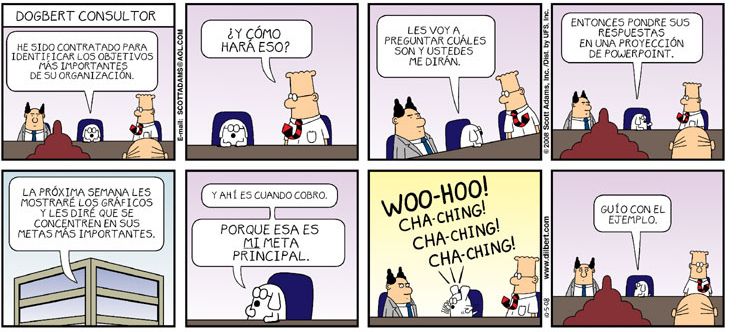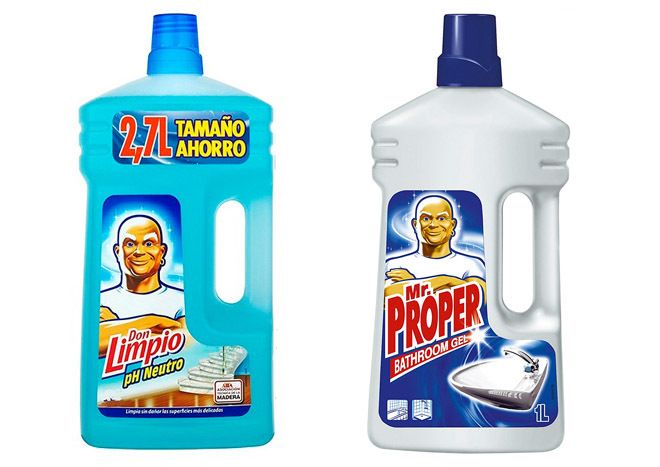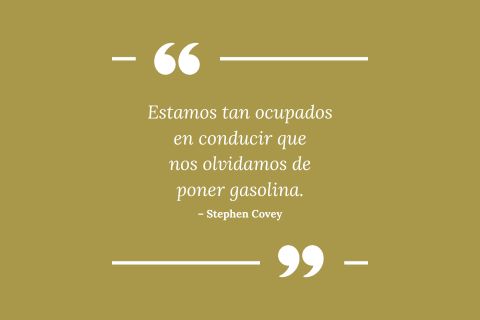Don't call me Dolores, call me Lola
Rethinking the role of the real estate agent: from supplier to partner in the search for a more collaborative and transparent relationship.
Agent real estate, consultant real estate, consultant property, Realtor... In the Spanish real estate sector we have been searching for years for a new way of calling our professionals. I believe it responds to a shared sense of urgency for rebrand the profession itself, seeing that, despite the evident improvement our sector has undergone in the last decade, we are still unable to rid ourselves of the negative connotations it arouses. I wrote about this last point in the post The prestige of the estate agent.
In this post I will analyse the meanings of each word that names us -agent, advisor, consultant, Realtor- and I will propose a different one that responds to an alternative analysis of the nature of the agent-client relationship.

From agent to advisor/consultant to Realtor
The RAE defines agent as the "person who acts with the power of attorney of another to manage something on his behalf". such as an art agent, a literary agent, a commercial agent or a real estate agent...
"The word agency refers etymologically to the Latin 'agentia', a compound word, made up of the verb agere which can be translated as to act plus the suffix -ia indicative of quality (...)". source: deconceptos.com
And then, at the end of the 18th century, Adam Smith enunciated what two centuries later was theorised as the Agent-principal problem or Agency problemwhich "means a set of situations that arise when an economic actor (the principal or the hierarch) depends on the action or the nature or the morals of another actor (the agent), about whom he does not have perfect information (...)". And he opened a melon.
To complicate matters further, it turns out that our agent is paid on a success fee and does so on the basis of the sale price he achieves. And, unlike other agents - literary, artistic, stockbrokers - our agent competes with 115,000 more in Spain - or with a million and a half if he works in the United States - so, on average, he makes few sales and it is in his interest to make them quickly. In relation to the latter, Steven D. Levitt and Stephen J. Dubner have already taken us to task many years ago in the second chapter of Freakonomics.
We can say that the nature of our profession carries with it a kind of birth curse. Agenciar according to the RAE -"To take steps leading to the achievement of something".- is unfailingly associated with the 'Agency Problem' mentioned above. For this reason, I believe that renaming the agent as the advisor/consultant has been the first proposal to move away from the term agent and all its associated complications. But an advisor advises; a consultant is consulted; and in no case are they doers. They analyse, suggest, propose, but in general terms, they do not execute. They do not broker and, most importantly, they do not charge for success.
So why would we call ourselves consultants? My hypothesis is that real estate services have wanted to homologate their professionals with those of strategic consulting - Deloitte, PriceWaterhouseCoopers, Ernst & Young, KPMG, etcetera - those people in their thirties with blue suits, MBAs and a bad reputation.

We could have conformed -equivalent to other questionable professionals who have spent more on education-, but immune to discouragement, and seeing that Castilian -that language of 88,000 words- does not have a good enough word to define it, some agents now call themselves "Realtor".
The point is that not everyone who calls themselves a Realtor is one, but that, as the SIRA website, "The term REALTOR® is a registered trademark identifying a real estate professional who is a member of the National Association of REALTORS® and subscribes to its strict Code of Ethics." In other words, you have to study and join instead of just labelling yourself in English.

Reconceptualising the relational framework: from supplier a partner
A lawyer gets paid whether she wins or loses a case; a surgeon gets paid for his operation even if the patient dies for reasons not attributable to malpractice; the architect gets paid for part of the project if the work ends up not being done. They are all service providersThey are paid for doing a job, not for being successful, even if success is assumed. They are paid for what they provide. That is why, because no client would agree to pay a real estate agent for the service provided if it were not linked to results understood in all-or-nothing terms, I am so surprised that we think of ourselves as service providers.
On the other hand -and here comes my proposal-, we can conceive the relationship between an owner and his agent as one in which both parties collaborate -it must necessarily be so- in the achievement of an objective that is an objective of monetary gain. In it, one party provides the object of the business - a real estate asset - and the other the know-how and the investment of time and resources to bring the business to fruition. In the event of success, and only in the event of success, the profits are distributed as agreed, for example, on the basis of a 95%-5% distribution. Is this not what the partners do in a business? Share profits, if any, in the proportion they consider to be in accordance with their contribution?
Does it occur to us that each partner will go their own way, that they will not go together in pursuit of their goal, that they will hinder each other's chances of success? Of course not. That is why it is essential to choose well who we work with; to choose who we associate with and for what purpose; to base this relationship on the confidence that they will not fail you when the moment of truth arrives; to understand whether we are getting into a business that is likely to succeed or that is, in the end, doomed to failure.
Suppliers vs. partners; collection vs. profit; work for vs. working with... It seems to me a good principle to explore protocols and compromises that make possible a new relational framework between an agent and his client. We will see whether or not this is possible and whether it enables a name for our profession with which we feel more comfortable and better represented.





